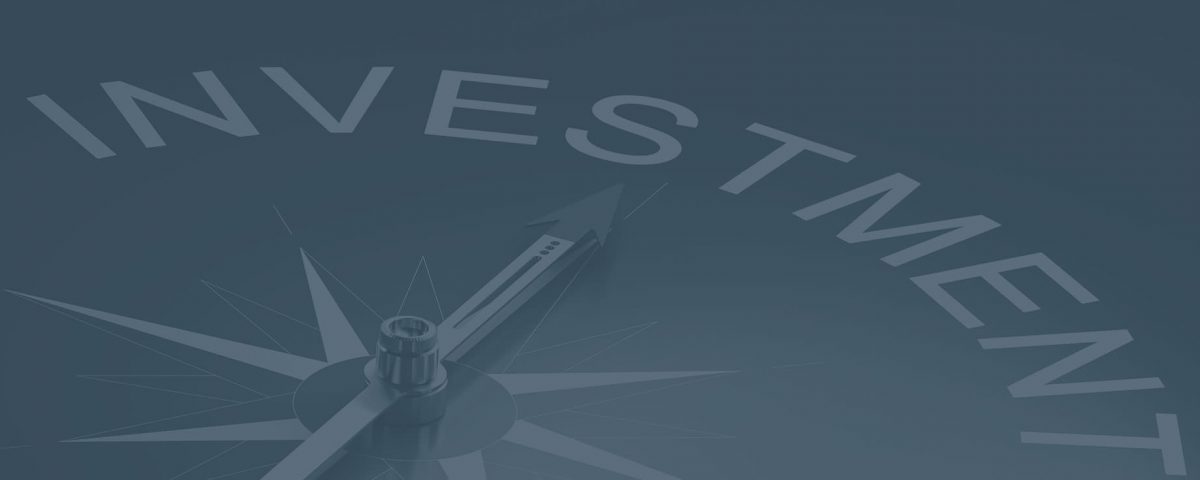Three Things to Consider in a Changing Market

Let’s be honest, things have been pretty “easy” over the last 10 years as the economy and markets had a continual upward trend since the end of the financial crisis in March of 2009. As individuals you didn’t have to think very much about how your money was performing or retirement security. You probably took more and bigger risks and they probably paid off.
That upward trend came to a halt in February of 2020 when over 22 days the market dropped 30%, making it the fastest 30% decline in history. Similar declines have only been seen during the Great Depression.
You should not be approaching your investments in the same way that you did over the last decade when the market was up. Here are a few things to consider:
First, How much risk are you taking?
The most important aspect of investing is to consider how aggressive or how conservative your portfolio is structured. Your age, assets and tolerance for risk are key factors in determining how aggressive to invest. We define risk as the amount of stress you are experiencing with the ups and downs of your portfolio. If you are nearing or at retirement age, for example, you should be lowering risk. Many retirees are not comfortable with the big ups and downs that the stock market will bring.
Here are a couple examples of risk scenarios based on differences in age:
- 70% stocks and 30% bonds is conservative for a younger person (under 50)
- 70% stocks and 30% bonds is aggressive for a person at retirement age (over 65)
Some stocks and bonds are more conservative and some are more aggressive but this is a general point of reference.
How much could you lose if 2008 repeats?
Another way to assess risk is to consider how much you could lose in a down market based on your current portfolio. Are you comfortable with that level of loss? Ask your advisor to show you the worst case scenario and if you’re not comfortable with the ups and downs of the market at that level of loss, then you should consider taking less risk.
Second, Changes in Tax Code Should Change your Investment Strategy
Your investment strategy should always start with your taxes. When tax codes change, as they have recently, your investment strategy should also change to navigate potential new opportunities or limit potential negative impact.
Taxes are another form of fees and your investment strategy should work to lower these fees as much as possible, otherwise you’re leaving money on the table that should be kept in your retirement account or passed on to your inheritors.
For example, the current tax rates are historically low. At the same time, many people have a significant amount of retirement savings in a 401K or traditional IRA that have not been taxed yet. Now is the ideal time to consider moving funds to a post tax account, like a ROTH IRA to hedge the risk of future tax increases.
If your advisor is not talking to you about making changes to your investment strategy based on changes to the tax code you should consider getting a second opinion from an advisor that recognizes higher taxes paid will lower your investment returns.
Finally, Your Investment Cost is Eating into your Investment Returns
When returns are below average, as they could be over the next few years, you should look at the fees you’re paying on your investments. When returns are low, these fees can eat up a large amount of potential profit.
It can be difficult to know what fees you’re paying because in the investment field not all fees are clearly listed on your bill. In fact, fees are commonly deducted from your account without sending a bill at all.
Most advisors spend very little time discussing their fee structure. Your advisor should be showing you exactly what the cost is that you are paying for your investments. Total fees may be as high as 2-3% of total investment assets. If the market is only making 3-5% and you are paying 2-3% in fees in reality you are only making 0-2%.
There are likely fees being paid from your assets to various entities that are not always your advisor. It is your right as the client to ask these questions and to know all of the different ways your advisor is being compensated and all of the different fees being charged to your account.
A down or fluctuating economy may seem daunting and it certainly feels foreign as we’ve lived in a bull market for so long but as long as you have a solid strategy in place with an educated, experienced advisor you can weather the downturn and come out fine on the other side.
Our approach is different
At Kroon & Mitchell we take an integrated approach to tax and investments. Our advisors have the highest level of certification, the CFA (Chartered Financial Analyst) in addition to the CPA.
We often provide audits or second opinions on portfolios where individuals are unsure if their current advisor is educated and experienced enough to adapt to changing tax and investment landscapes.
Contact us today at www.kroonandmitchell.com or 616-356-2002.


